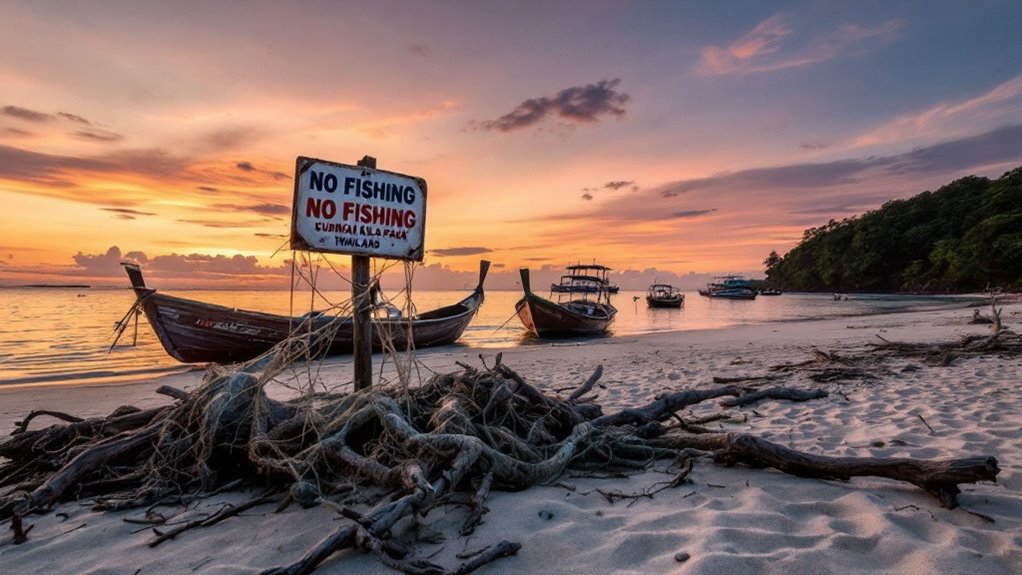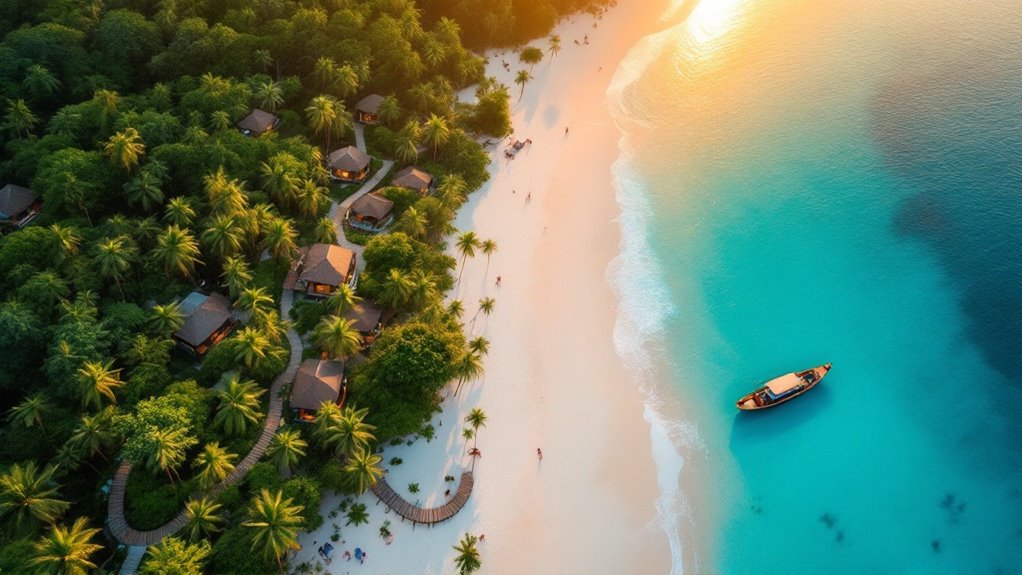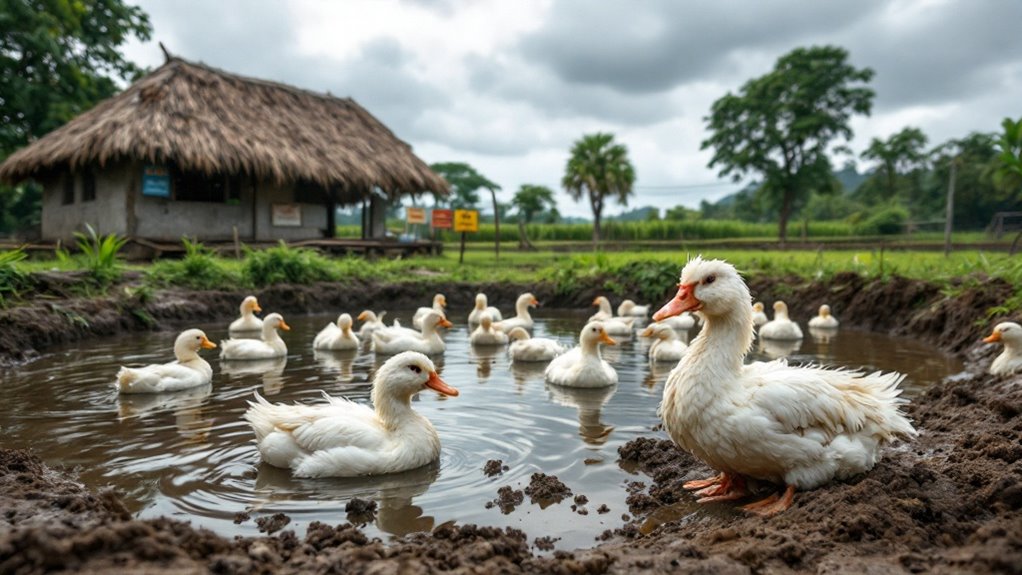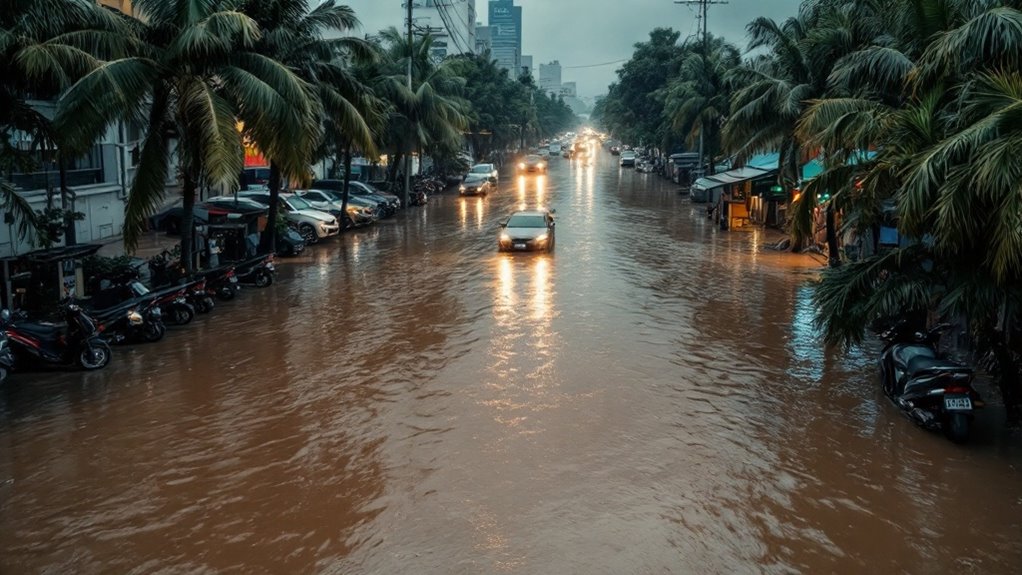Amid rising allegations of exploitation, discrimination, and cultural infringement against the stateless Moken community in Thailand’s Surin Islands, Phangnga national park officials have forcefully denied claims of human rights abuse. Authorities argue that conservation policies restricting traditional Moken livelihoods, such as fishing and wood collection, are essential for environmental protection. However, human rights organizations contend these measures erode Moken culture and perpetuate hardship. Ongoing tensions highlight unresolved concerns and suggest further developments and insights are available on this complex issue.
Although longstanding tensions have defined relations between Thailand’s Phangnga national park authorities and the Indigenous Moken community, recent allegations of abuse have brought the conflict into sharper national and international focus. The Moken, a stateless Indigenous group residing in the Surin Islands, face significant legal and policy barriers largely due to their lack of citizenship in both Myanmar and Thailand. This statelessness denies them access to basic rights, including education, healthcare, and formal employment, rendering them particularly vulnerable to exploitation and marginalization.
Allegations leveled against park authorities include restrictions on traditional Moken livelihoods such as fishing and wood collection, activities now criminalized under stringent conservation laws. Reports from human rights organizations claim that these prohibitions force some Moken to engage in hazardous informal work, including dynamite fishing and, in some cases, enforced begging to secure basic survival. The recent viral video controversy involving a high-profile conservation adviser has further exacerbated tensions and put a spotlight on professional conduct within park management.
Stringent conservation laws criminalize traditional Moken livelihoods, pushing some to dangerous informal work and deepening their struggle for survival.
Human Rights Watch has highlighted discriminatory policies that, beyond immediate economic impacts, also accelerate the erosion of Moken cultural traditions, as younger generations increasingly abandon their maritime heritage. Drawing parallels with other international cases, allegations of gross human rights violations in conservation projects—such as those reported in Tanzania—underscore the urgent need for more effective oversight and safeguarding of Indigenous rights.
In response, Phangnga national park officials categorically deny allegations of exploiting Moken children for tourism purposes and defend current conservation policies as essential for environmental protection. They maintain that balancing ecological preservation with cultural respect is a guiding principle, though official responses have so far lacked detailed counterarguments or public disclosure of any internal investigations.
No significant measures addressing Moken grievances have been reported, and formal mechanisms for lodging complaints remain absent. Socioeconomic consequences continue to mount for the Moken. Prohibitions on subsistence activities perpetuate cycles of poverty and cultural loss, while alleged abuses by park rangers compound their marginalization.
International observers have drawn parallels to similar disputes in Tanzania and Congo, where conservation efforts have led to accusations of human rights violations against Indigenous groups.
Recent developments, including a viral video and the dismissal of a park adviser in April 2025, have intensified scrutiny. Advocacy groups are calling for immediate citizenship recognition, revised conservation frameworks, independent oversight of park authorities, and reparations for affected Moken. Despite mounting global attention, no major legal resolutions or policy reforms specific to the Moken have been enacted to date.









